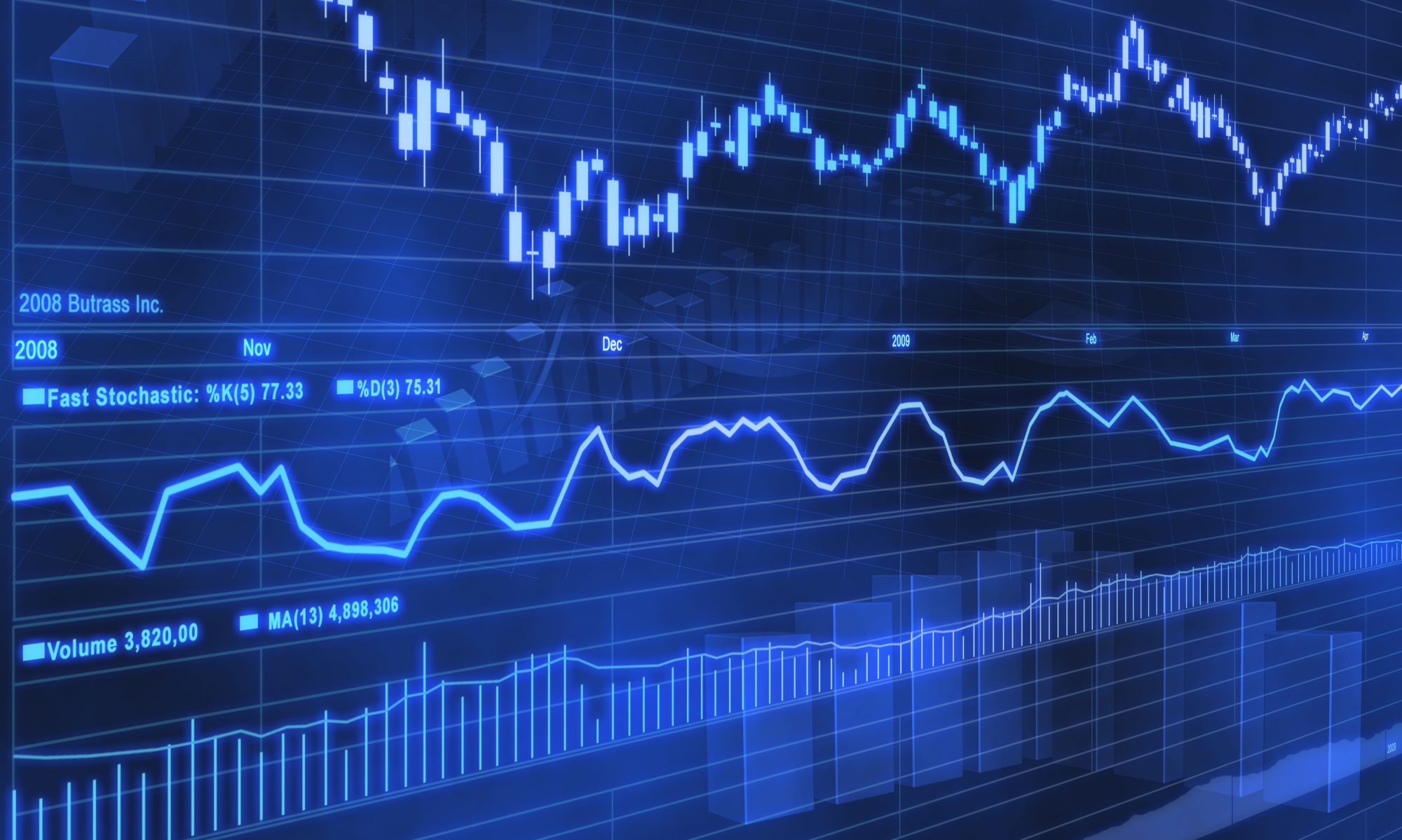The bottom line is whether you are a day trader or a fund manager (with a long-term investment time frame) you are investing to make returns. On the surface the traditional day trader will have a very different mindset but are there similarities between day traders and fund managers? Do good day traders potentially make good fund managers?
Risk profile
As fund managers tend to have a much longer investment horizon even if they do take additional risks on their investments they often have longer for these to come to fruition. Very few day traders will hold onto a stock for any great length of time instead looking to take a short-term profit, or cut their losses, and move onto the next one. So, this is the first major difference between day traders and fund managers, the risk profile.

Taking a flyer
Some day traders will buy and sell shares in a very short space of time simply because they have momentum one way or another. There will be occasions where they do not even know in any great detail what the company does. A day trader will very often deal on “gut instinct” while a fund manager will tend to be more pedantic looking into companies in great detail before investing customer funds. The idea of researching a company before buying any shares makes perfect sense to the vast majority of investors – but not always day traders.
Value investing
As we touched on above, the investment timeframe for a fund manager will be significantly longer than that of a day trader. As a consequence, fund managers will be able to invest in “value shares” where there is unlocked potential which may take some time to come to fruition. These positions are of little interest to day traders, unless the stock has started to move, because they want to get in and out in a relatively short space of time. A majority of day traders will also take great note of graphs together with support and resistance levels. Graphs will also play a role for fund managers with a more long-term investment horizon but they will just be one of many elements to consider.
Dealing in significant size
While it will obviously depend upon the funds available to a day trader, it can sometimes be difficult to buy and sell significant amounts of relatively small company shares. It is possible, selling when there is demand and buying when sellers are around, but if you are a fund manager you will have an accumulation of funds available from many different customers. As a consequence, some of the more speculative shares may not be within their reach simply because the size and liquidity is not there.
Conclusion
While day traders and fund managers all have one thing in common, they want to make a profit, they are very different animals indeed. It is okay trading your own funds, taking a loss here and there, but there is added pressure when investing other people’s money. So, that is not to say some day traders would not make good fund managers but they would need to adapt their approach to stand any chance of success.

